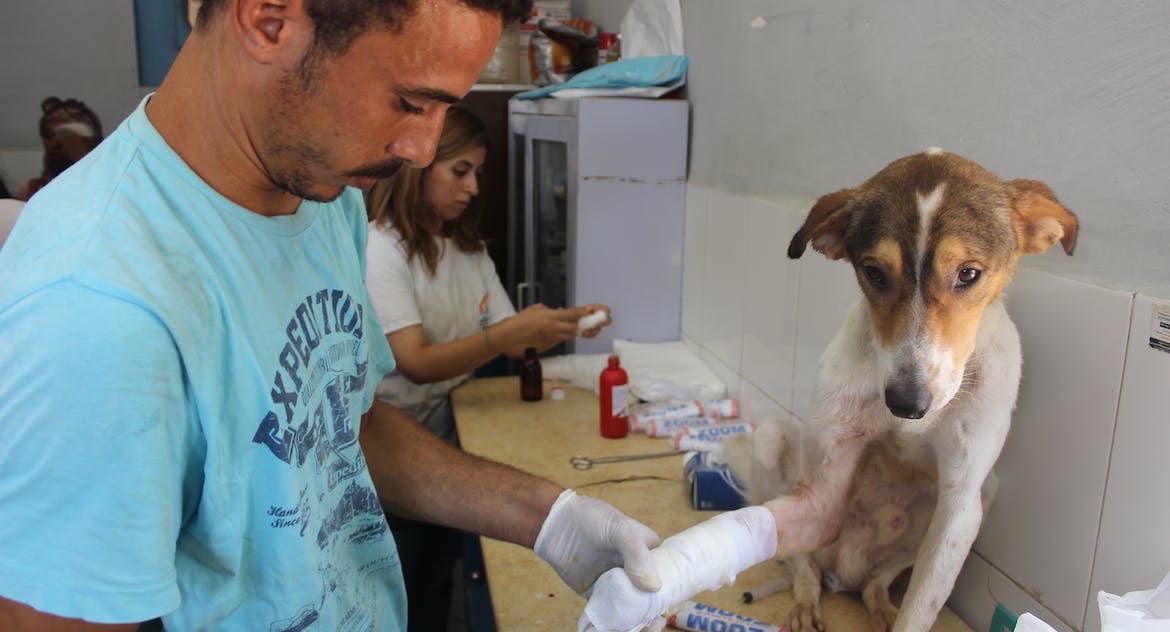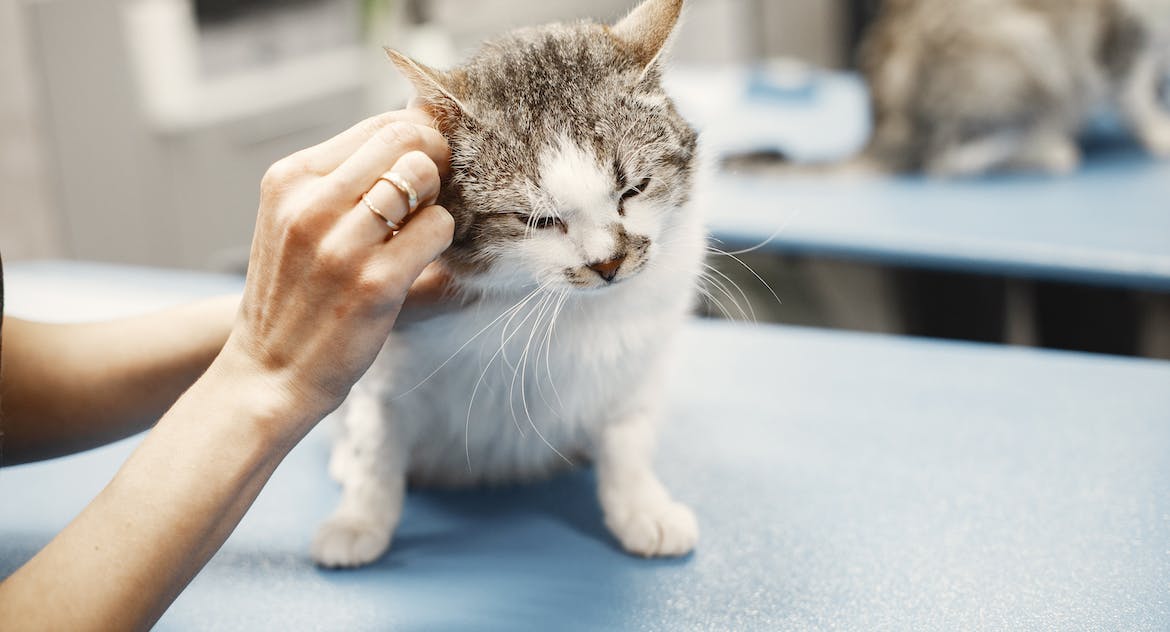Working in a veterinary clinic can be an incredibly rewarding profession, as it allows you to make a positive impact on the lives of animals and their owners. However, it can also be demanding and emotionally challenging, often leading to an imbalance between work and personal life. In this blog post, we will explore some practical strategies and tips that veterinary professionals can implement to achieve a healthier work-life balance.
Prioritise Self-Care:
Taking care of yourself is crucial for maintaining a sustainable work-life balance. As the saying goes, you cannot pour from an empty cup. Always make self-care a priority and set aside time for activities that rejuvenate and recharge you. For example, engage in hobbies, exercise regularly, practice mindfulness, or spend quality time with loved ones. Ultimately, by nurturing your own well-being, you’ll have more energy and mental clarity to tackle the demands of your life in general.
Establish Boundaries:
It’s essential to establish clear boundaries between work and personal life. Always ensure you define specific work hours and avoid the temptation to check emails or respond to work-related matters during your down time. Clearly communicate your boundaries to colleagues and clients, so they understand and respect your personal time. Ultimately, by setting these boundaries, you create a healthier separation between your professional and personal responsibilities.
Delegate and Collaborate:
Veterinary clinics are team-oriented environments, and effective delegation and collaboration can help lighten your workload and reduce stress. For example, delegate tasks that can be handled by other competent team members, whether it’s administrative duties or routine patient care. Always foster a culture of teamwork and effective communication within the clinic, ensuring that everyone is aware of their responsibilities and can support each other when needed.
Utilise Technology and Streamline Processes:
Leverage technology to streamline your clinic’s processes and improve efficiency. Utilise practice management software to automate admin tasks, streamline medical records, and facilitate client communication. By reducing time-consuming manual work, you create more space in your schedule for personal time. Also you can then prioritise high-value tasks that require your expertise.
Make self-care a priority by setting aside time for activities that rejuvenate and recharge you
Learn to Say No:
As a veterinary professional, you may have a strong desire to help every animal that comes your way. However, it’s important to learn to say no when necessary. Taking on too much can lead to burnout and a compromised work-life balance. Prioritise your workload, assess your capabilities realistically, and recognise when it’s necessary to decline additional responsibilities. By setting reasonable limits, you can ensure that you provide quality care without overwhelming yourself.
Seek Support and Practice Mindfulness:
Working in a veterinary clinic can be emotionally taxing at times. It’s crucial to seek support when needed and practice mindfulness to manage stress and maintain your mental well-being. Connect with colleagues or join professional support groups to share experiences and gain perspective. Additionally, practicing mindfulness techniques such as meditation or deep breathing exercises can help you stay present, reduce anxiety, and improve overall resilience.
Achieving work-life balance is essential for veterinary professionals to prevent burnout, maintain personal well-being, and deliver high-quality care to their patients. By prioritising self-care, setting boundaries, delegating tasks, utilising technology, learning to say no, and seeking support, you can create a healthier and more fulfilling balance between your professional and personal life. Remember, by taking care of yourself, you’ll be better equipped to provide the best care for your animal patients and enjoy a more satisfying career in veterinary medicine.



